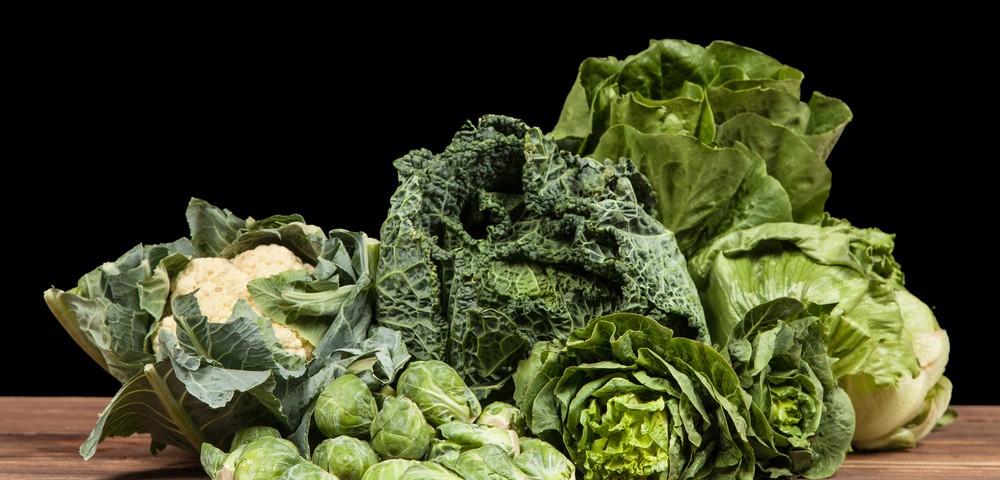New research out of Hong Kong examines whether eating fruits and vegetables can improve lower urinary tract symptoms (LUTS) and erectile dysfunction in elderly men. Both of these symptoms are indicators of prostate health. The study, “Fruit and Vegetable Intake in Relation to Lower Urinary Tract Symptoms and Erectile Dysfunction Among Southern Chinese Elderly Men: A 4-Year Prospective Study of Mr OS Hong Kong,“ appeared in the journal Medicine.
Although many people assume that eating fruits and vegetables is good for health, and most likely prostate health, scientists have not conclusively studied the direct effects of fruit and vegetable consumption on prostate function in elderly men.
As men age, their prostates grow, often leading to BPH. Although this disease — common in aging societies — can have troubling symptoms, it is not life-threatening, nor does it cause cancer. Symptoms may include problems urinating and erectile dysfunction, as well as others.
First author Zhao-min Liu, Ph.D., of the Division of Family Medicine and Primary Care, Jockey Club School of Public Health and Primary Care, the Chinese University of Hong Kong, led the study, which evaluated the effects of fruit and vegetable consumption in two symptoms of prostate function in elderly men in China.
The investigators extracted data from an already existing study on bone health. This was a four-year study examining 2,000 Chinese men ages 65 and up. Of these men, 1,998 (99.9 percent) at the beginning of the study and 1,564 (78.2 percent) after four years had LUTS. A total of 386 had erectile dysfunction two years into the study, and 475 after four years. The researchers used a questionnaire to measure the kinds of food that the study subjects typically ate at the beginning of the study.
Men who ate “moderate” amounts of fruits and vegetables had the lowest incidence of LUTS. In addition, fruit and vegetable consumption had no statistical effect on erectile dysfunction. And, a high consumption of dark and leafy vegetables was particularly associated with a decrease in LUTS (37.2 percent risk reduction).
“Adequate [fruit and vegetable] intake, especially dark and leafy vegetables, were associated with improved LUTS among Chinese elderly men, but lack an association with ED and sexuality,” the authors concluded.
Fruit and vegetable consumption is always considered healthy, and these results are no exception. Overall, eating fruits and vegetables appeared to improve a common symptom of prostate health, although there was no apparent impact on erectile dysfunction. Longer-term studies that extend beyond four years, or studies taking into consideration lifetime eating habits, may shed more light on the effects of diet on prostate health.

